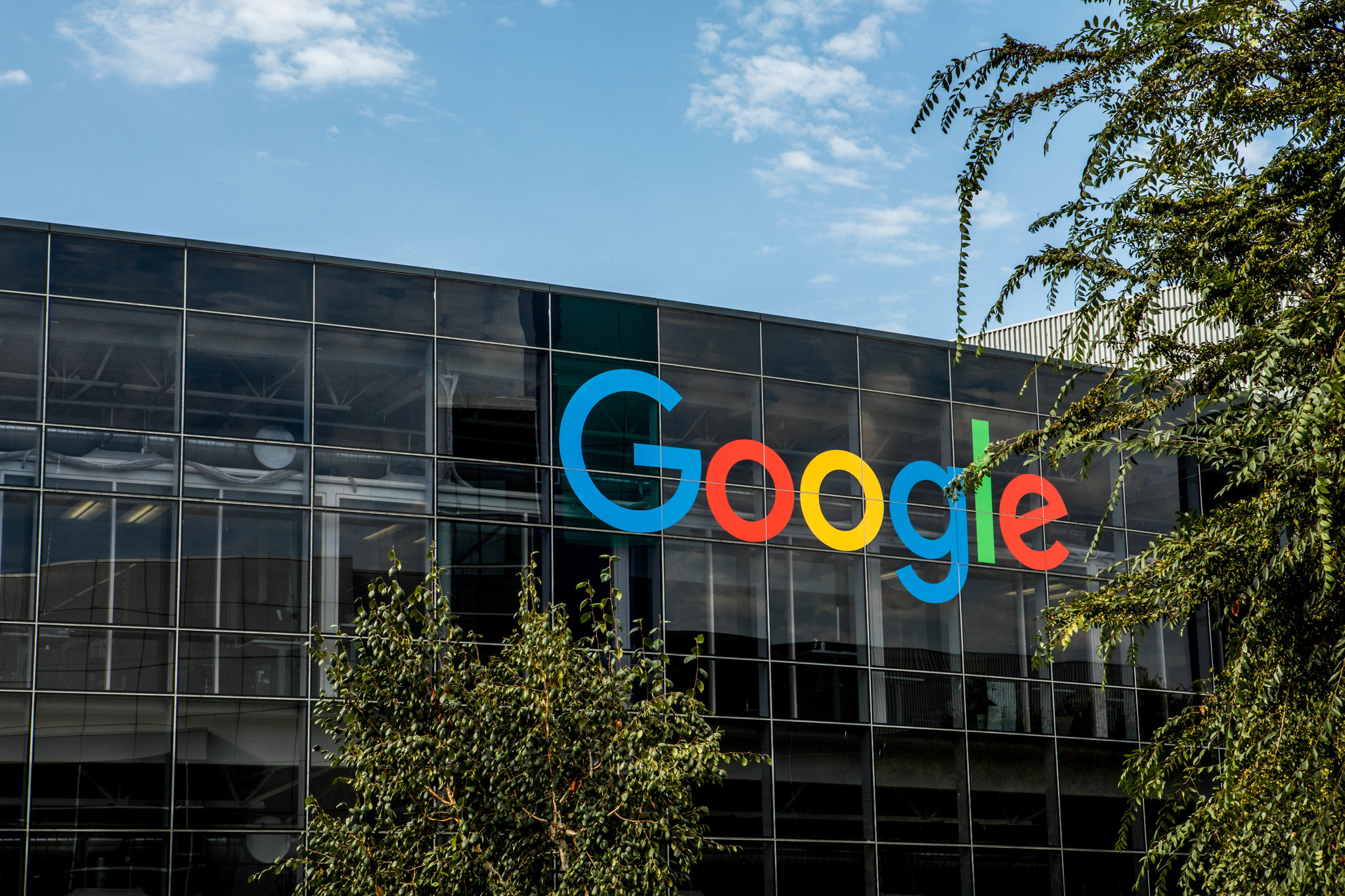In the intricate web of digital dominance, the symbiotic relationship between Apple and Google stands as a testament to the modern tech landscape. When a user inputs a search query into Apple’s Safari browser, the seamless retrieval of results is almost synonymous with Google. However, this apparent convenience belies the colossal sums exchanged behind the scenes, a revelation that has recently come to light through the US government’s antitrust scrutiny.
The magnitude of Google’s payments to Apple for the prized status of being the default search engine is nothing short of staggering. As disclosed in court filings, by May 2021, Google’s monthly payments to Apple exceeded $1 billion, culminating in a jaw-dropping total surpassing $20 billion in 2022 alone. These figures, unveiled amidst a high-profile antitrust lawsuit against Google, underscore the gravity of a legal battle poised to redefine the dynamics of online search and potentially reshape the trajectory of artificial intelligence competition.
The latest salvos in this legal saga see the Justice Department mounting its final offensive against Google’s hegemony in the search engine realm. Embroiled in a case that commenced during the Trump administration, government prosecutors aim to convince District Judge Amit Mehta of Google’s alleged unlawful monopolization of the online search industry, facilitated through strategic payments akin to those directed at Apple.
The crux of the government’s argument hinges on Google’s purported manipulation of contracts to cement its search engine as the default option across myriad devices and browsers worldwide. These agreements, according to the DOJ, facilitated Google’s accumulation of vast troves of user data, perpetuating a cycle of dominance detrimental to fair competition. Testimony during the trial revealed Google’s strategic leveraging of search data to bolster its artificial intelligence capabilities, a move contested by industry players such as Microsoft as an unfair advantage.
In response, Google contends that consumer preference, not coercive contracts, underpins its search engine’s ubiquity. Furthermore, Google asserts that its search engine’s success contributes to sustaining its Android operating system, positioned in competition against Apple’s ecosystem. However, DOJ attorneys question the rationale behind Google’s exorbitant payments, challenging the notion of a truly competitive market when billions are expended annually to secure default status.
As the legal proceedings draw to a close, District Judge Amit Mehta remains an enigmatic arbiter, his neutrality steadfast amidst the courtroom theatrics. Unveiling his judicial poker face, Mehta’s pointed queries during closing arguments epitomize the gravity of the case’s implications. By questioning the viability of competitors surmounting Google’s entrenched position, Mehta underscores the foundational principles of antitrust legislation, invoking the specter of monopolistic entrenchment reminiscent of past legal precedents. The denouement of this legal saga remains shrouded in uncertainty, with Mehta’s impending decision poised to send reverberations throughout the tech industry. Should the judge align with the government’s stance, the ramifications for Google could be profound, heralding a new era of regulatory scrutiny and potential penalties. As the gavel prepares to fall, the fate of Google’s search engine supremacy hangs in the balance, awaiting a verdict that could redefine the contours of digital competition for years to come.









